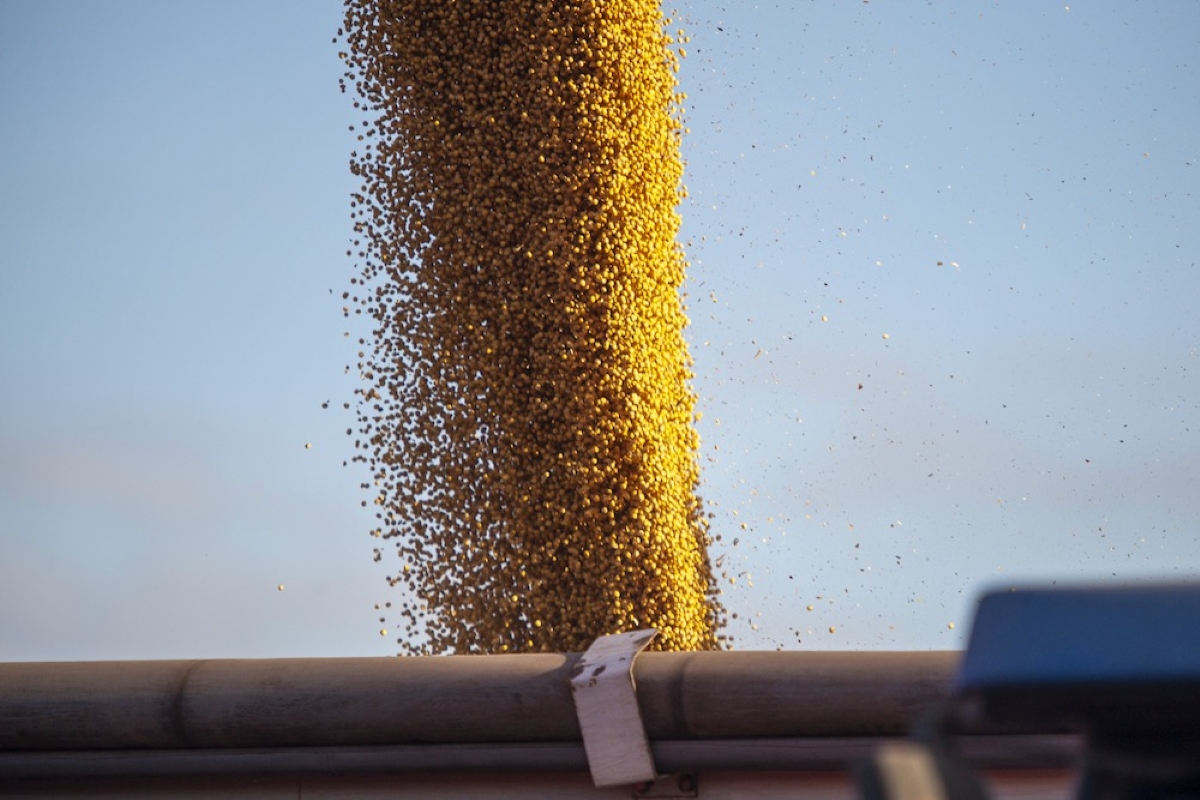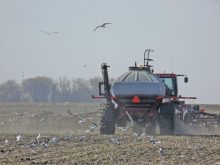Hamburg | Reuters –– Germany’s draft coalition government deal includes a goal of ending use of glyphosate herbicide within the country, but gives no time frame, after Berlin swung a vote in November extending its use across the European Union.
The timing of an end to glyphosate use has been highly controversial in Europe amid a heated debate over whether the chemical causes cancer.
“We will with a systematic minimalization strategy significantly restrict use of plant protection chemicals containing glyphosate, with the goal of fundamentally ending usage as fast as possible,” the draft deal to establish a new German coalition government said.
Read Also

Brazil to reap record soy crop in 2025/2026, increase exports
Brazil’s Conab said the country will reap a record soybean crop of 177.6 million tons in the 2025/2026 harvest year, according to data released on Thursday.
The draft, published on Wednesday on the homepage of Chancellor Angela Merkel’s conservative CDU party, did not indicate a schedule for ending glyphosate use.
“We will develop alternatives jointly with the agricultural sector as part of an arable farming strategy which will regulate environmentally friendly and nature-compatible use of plant protection chemicals,” it added.
The new strategy will conform with EU rules, it said.
In November, German agriculture minister Christian Schmidt caused international controversy and a major row in Germany’s government by unexpectedly backing a European Commission proposal to permit use of glyphosate for the next five years.
The move by Schmidt, a conservative, effectively allowed the extension in glyphosate use within the EU, despite opposition from France and from the centre-left Social Democrats (SPD) in Germany’s current government coalition.
Germany’s SPD environment minister Barbara Hendricks has called for an end to glyphosate use in the current four-year parliament. Both ministers are still in their jobs as caretakers but a new coalition cabinet will soon be named.
Other agricultural policies agreed for the new government include a formalization of the current ban on growing crops containing genetically modified organisms (GMOs) in Germany and an expansion of organic farming, the draft deal said.
An animal welfare food label will also be introduced for meat produced using farming methods with high care standards.
The new government will oppose patents on animals or plants and will not accept cloning of animals for food production.
European Union farming support should remain at around current levels, it said.
The EU is considering reforms to its huge farm subsidy program from 2020 which faces a big loss of funding following Britain’s withdrawal from the EU.
— Reporting for Reuters by Michael Hogan.














